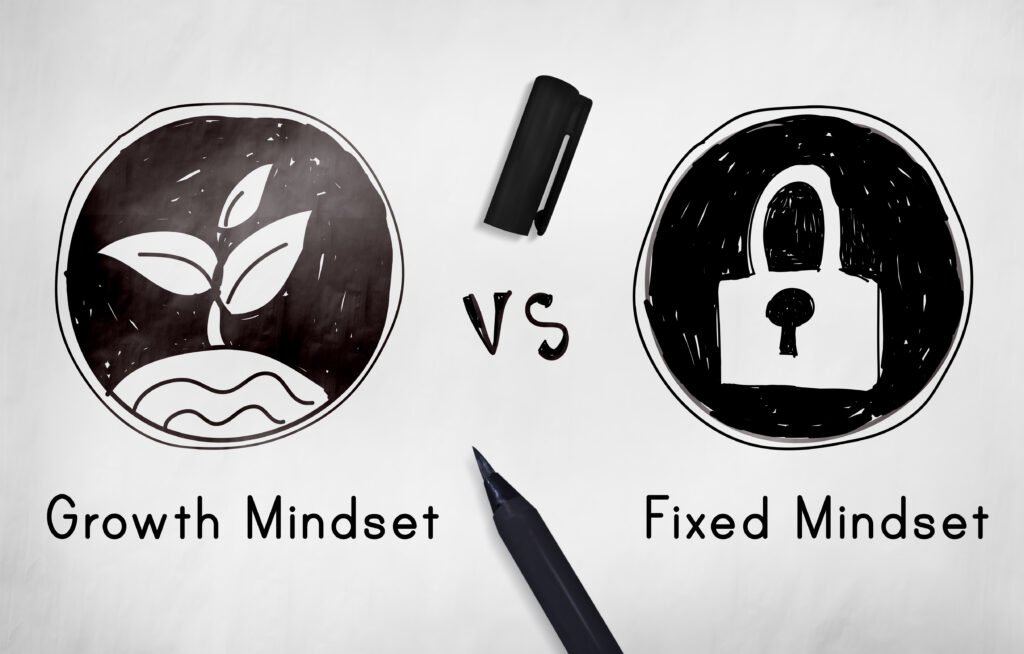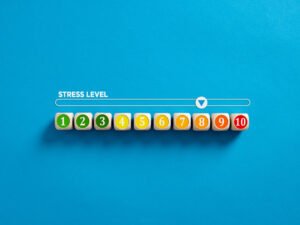This concept has been made famous by Carol S. Dweck and outlined in her book ‘Mindset’ The New Psychology of Success. At its most basic, one mindset is the view (based on the beliefs) of a person’s intelligence being “static” (set in stone, ingrained, established) while the other is that intelligence can be “developed” (changed, improved, expanded). Each perspective propels a person along a very different trajectory and possible outcome – in both business and life!
WHAT YOUR SELF-TALK REALLY TELLS YOU
A fixed mindset person will avoid challenges and give up easily engaging in self-talk of “I just can’t do it”; “I knew this wouldn’t work”; “It’s too hard to sign up more new clients for lessons”. The person with a growth mindset will embrace challenges and persist in the face of setbacks. Their self-talk is more along the lines of “I know I can figure this out”; “I usually find a way to make things work”; and “I’m really looking forward to seeing the improvements this will bring!”
While it may initially appear this is a variation of being an optimist vs. being a pessimist or positive thinking vs negative thinking, it’s actually a deeper distinction of your thought process based on your beliefs.
And as a fixed mind-set person the desire is to look smart and you believe it’s important to:
⚠️ Avoid challenges
⚠️ Give up easily when confronted with an obstacle
⚠️ See effort as fruitless or worse
⚠️ Ignore useful criticism/perceived negative feedback
⚠️ Feel threatened by the success of others
This attitude can lead to plateauing early and achieving less than your full potential.
As a growth mindset person it leads to a desire to learn and you believe it’s important to:
☑️ Embrace challenges
☑️ Persist in the face of challenges
☑️ See effort as the path of mastery
☑️ Learn from criticism
☑️ Find lessons and inspiration in the success of others
This attitude will propel someone to higher levels of achievement.
When you dig into looking at the beliefs that support each mindset you might have been surprised when you saw a belief you have that indicates you’re not as “growth minded” or forward-thinking as you may have told yourself you were.
It’s a perspective you bring to the table every time something in your work life surfaces – the viewpoint that impacts either your future success or staying stuck – so it’s worth taking the time to consider what your beliefs are telling you. Just sayin’ 😉





